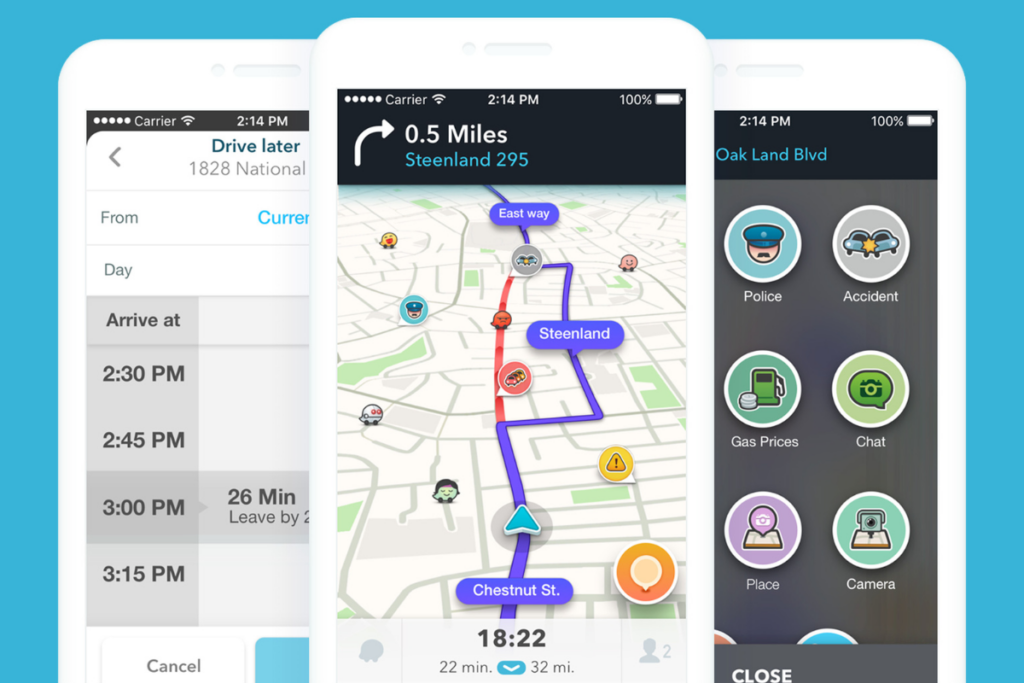[wdm_vimeo_gform_overlay]
A career as a technical entrepreneur can be difficult but rewarding. As a subsection of entrepreneurship, tech is consistently being researched and developed. A great mobile app or web idea could become virtually useless in a matter of days. Recep Karaburun, Clinical Associate Professor at the NYU Jonathan Tisch Center of Hospitality and Tourism and Hospitality Industry Essentials contributor, spoke about how app developers are are finding innovations beyond an initial idea.
Watch the full video to learn about:
- Finding a niche as a tech entrepreneur
- Identifying problems within a market
- Applying practical problem-solving skills to technical innovation
Creative Problem-Solving in Entrepreneurship
Every successful business starts by identifying a specific problem and a simple idea to solve it. Then, with hardwork and prototyping, the idea becomes real. “Many use Waze, a social GPS application. Waze created this phenomenal application where people contribute traffic data for driven routes. They also provide other specifically useful information, from police presence to traffic flow, explains Karaburun. “Waze is only on mobile, there is no web version.” When building your own company, you must decide if you want to be a mobile-only business, web, or both.
Waze’s value proposition is simple. They crowdsource live traffic data. “You’re able to communicate with other people on your route. The app can detect and alert you to police presence. So, you can slow down and avoid getting tickets. It’s one of the most popular features in Waze,” says Karaburun.
Entrepreneurship and Striking Value
Google bought Waze for $1.3 billion cash because it believed in Waze’s value proposition. It is now implementing Waze’s technology in Google Maps. Big companies like Google, Hilton, and Marriott look to buy or invest in these startup companies to create more value for their customers.
“Waze is very flexible. Whenever Apple or Android change their store settings, apps need to be changed too. But Waze was developed so that it rarely requires changes. It automatically aligns. It was a clever piece of engineering by the app owners,” says Karaburun.
Karaburun also believes Waze unconventional marketing attracted Google. “None of us have seen a Waze advertisement on TV or radio. Waze is a top example of word-of-mouth marketing. Once people saw its value, they shared it on social media and told their friends to download Waze,” he explained. “Waze has millions of followers. They are hooked and cannot drive without Waze. They like Waze because even when the traffic is all backed up, it offers you much quicker routes.”
Brand Appropriately and Leveraging Success
“In entrepreneurship, when creating a company, a fun part is naming your baby. Waze wanted to call the company Ways, but that name was taken. So, Waze’s owner said, let’s call it Waze. It sounds like Ways but written differently,” Karaburun recalls. “As an entrepreneur, you have to be creative. If your company’s name becomes a word in the language, that means you made it.”
“When talking about creating wealth, everyone talks about big data. First, cash was king, then content. Today, data is king,” said Karaburun. “Another handy thing that Waze did was create all this live data, which could improve the quality of life for individuals and cities. Cities bought this data to solve their traffic problems.”
For more information on Waze and unique insights into entrepreneurship in the hospitality industry, check out Yellowbrick’s Hospitality and Tourism Industry Essentials.






